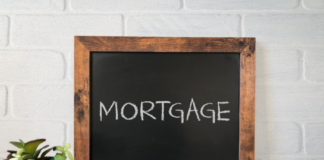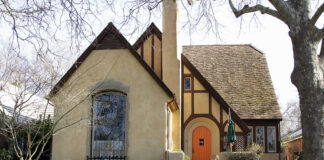Key Article Takeaways
- Getting your finances in order
- Budget factors
- Learning about loans while finding the perfect home
It’s a big and exciting step to transition from renting a home to owning one. However, being a first-time home buyer comes with the challenge of navigating a new and unfamiliar process. Here at LendingMan, we broke down that process to better highlight the proper steps to buying a house for the first-time.
Getting your finances in order first

Before you get ready to buy a house, it’s important to gain a better understanding of your current debts, credit score and monthly income to help determine which homes you can afford and where you can improve to get the best deal.
It’s best to handle existing commitments before considering homebuying to increase your chances of mortgage loan approval.
Paying off active loans shows lenders you already know how to responsibly manage loan debt. While an active loan won’t kill your chances of approval, lenders will factor on-time and missed monthly payments into their decision. However, debt in collections can hurt your chances and should be resolved prior to applying.
Paying off your debts should not include closing your credit cards altogether. Showing you can maintain payments on a regularly-used credit card for multiple years reinforces the strength of your credit score and can often qualify you for a better loan and interest rate.
Finally, your monthly income will help you determine which mortgage payment you can afford. Generally, the highest mortgage payment you should take on is 25 percent of your monthly income. From these calculations, you can then determine which homes you can afford and how much money you should save for a 20 percent down payment.
Factoring fees, an emergency fund and closing costs into the budget
Once your finances are in order and you have a downpayment saved up, it’s important to budget additional costs that come along with home buying.
When considering a monthly mortgage payment, you must factor in taxes and insurance costs which can set your budget back a couple hundred dollars. It’s also important to budget an emergency fund for home repairs and other unexpected costs.
Finally, one-time fees like closing costs need to be accounted for. Closing costs average around four percent of your home’s sale price and should be saved alongside your down payment prior to purchase. These extra fees account for home appraisal, inspection, government processing, home-owners insurance, an attorney and credit report costs.
Learning about loans and finding the perfect home
With your budget worked out, you can finally start the fun process of home buying: searching for the perfect home. However, before you start researching neighborhoods and visiting properties, you should visit a lender to get pre-approved for a mortgage loan.
Getting pre-approved for a mortgage loan tells potential sellers that you are serious and qualified to receive a mortgage loan as soon as you officially apply. Once you have the official nod from a lender, you will be in the best position to find your dream home.
For personalized mortgage rates, visit our experts at lendingman.com.





